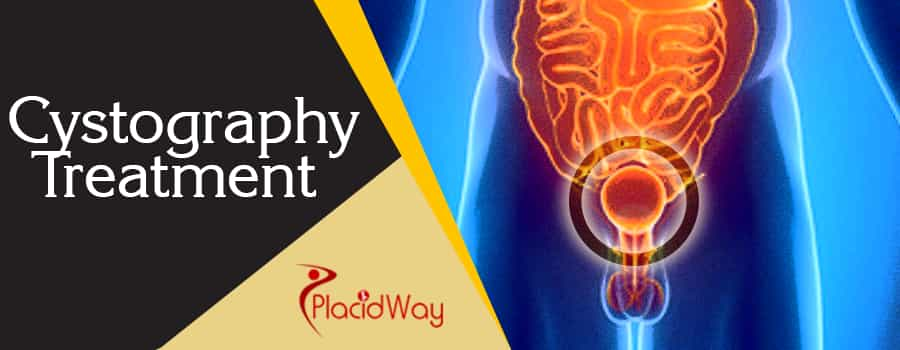
Cystography Treatment Abroad
Overview
Cystography is an X-ray examination (imaging test) that allows the doctor to visualize the urinary bladder, its contours, identify its discharge capacity status, and functionality status. The procedure reveals the presence of tumors, bladder calculi or polyps, or the existence of a urine reflux towards the kidneys during urination. Thus, this test helps the doctor identify and diagnose problems in the patient's bladder.
Types of Cystography
Intravenous Radionuclide Voiding Cystography (IRVC): it is performed by opacifying the bladder - the doctor injects the contrast dye using a single intravenous injection. The dye is removed by the kidneys through urine, therefore opacifying the urinary tracts. The X-ray film is carried out before, during and after micturition in order to assess the condition of the urethra and possibly detect a post-urination residue in the bladder. This procedure allows the doctor to study the vesicoureteral reflux (VUR). The test can lead to an intolerance reaction to iodine, which can be avoided in sensitive patients by a preventive, anti-allergic treatment.
Retrograde Cystography: during this procedure, the contrast dye is injected into the bladder through a probe inserted through the suprapubic wall (suprapubic catheterization performed under local anesthesia) or in the urethra. The X-ray film is carried out is performed before, during, and after urination. The risk of infection is reduced by a strict asepsis and antibiotics.
Reasons Why You Might Need a Cystography
The most common reasons patients are recommended to undergo a cystography include:
Causes of Urinary Problems
The causes of urinary problems are numerous and include:
How Cystography is Performed
Usually, a cystography follows the following process:
Benefits of Cystography
Finding Doctors for Cystography
Cystography is performed by a urologist, a doctor specialized in branches of surgery to the kidneys, bladder, or urethra, male reproductive organs or pelvic surgery. Choose a doctor who has undergone basic and comprehensive education in general surgery, who then undergoes additional training in urology. The specialist should be approved to practice in accredited healthcare facilities or hospitals.
If you want to find out more about the Cystography procedure, please contact us!
Urology Abroad | Best Urology Center